Almonds for Babies: Benefits, Side Effects and Recipes

Introducing solid foods to babies marks a significant milestone in their development, and among the plethora of options available, almonds stand out as a nutritional powerhouse. Almonds are known for their health benefits as they contain fibre, minerals, and essential fatty acids. They also have an enjoyable taste, making them popular with adults and children. When considering almonds for babies, it’s vital to prioritise their safety and nutritional needs, ensuring proper preparation and monitoring for any adverse reactions. Keep reading to know how you can provide your child with his daily dose of almonds instead of depriving him of the nutritional benefits this small nut offers.
Is it Safe to Give Almonds to Your Baby?
Badam for babies are a nutritious addition to their diet. They are a treasure trove of essential nutrients like healthy fats, protein, vitamins, and minerals, all of which play a crucial role in your baby’s growth and development. However, it’s important to note that whole almonds can pose a choking hazard for babies. Always finely grind or puree the almonds before serving to ensure their safety. Additionally, be vigilant for any signs of allergic reactions or digestive issues.
When Can You Feed Almonds to Your Baby?
Almonds can be introduced to your baby’s diet around 6 to 8 months of age with the guidance of your trusted paediatrician. At this stage, babies are usually ready for solid foods, and almonds, with their rich nutritional profile, can be a valuable addition to their diet.
However, it’s essential to prepare almonds appropriately for your baby. You can grind almonds into a fine powder or blend them into smooth almond butter. This ensures that your baby can safely consume them without choking.
Health Benefits of Almonds for Infants
Almonds come in two varieties – sweet and bitter. Sweet almonds are the more popular variety, especially when consumed raw. The latter variety does not taste bitter but is preferred for cooking instead of snacking. Both varieties offer numerous health benefits.
1. Boosts Brain Function
Almonds contain nutrients essential for your baby’s brain development. The riboflavin and L-carnitine in almonds stimulate brain activity (7). Almonds also improve intelligence levels and help prevent Alzheimer’s disease in old age.
2. Regulates Cholesterol and Diabetes
Though babies do not need to be concerned with cholesterol or sugar levels, consuming almonds early can prove beneficial when they are older. Almonds help control cholesterol and sugar levels due to their abundance of Vitamin E and low glycaemic index (5). However, when you give your baby almonds, you must ensure that the nuts are not salty or sugar-coated.
3. Aids Digestion
The high amount of fibre in almonds can prevent constipation and help strengthen the digestive system in babies by regulating bowel movements.
4. Strengthens Bones and Teeth
Almonds contain the right amount of phosphorus, which enhances your baby’s bones and teeth as he grows. Their medicinal properties also help prevent osteoporosis later in life (8).
5. Improves Immunity
Almonds’ antioxidants and general alkaline nature help rid the body of toxins, thus significantly boosting your child’s immunity.
6. Anti-Inflammatory
Certain essential fatty acids give almonds excellent anti-inflammatory properties that ensure your child’s good health well into adulthood (1).
7. Good Source of Antioxidants
Almonds are a rich source of antioxidants, such as catechins, epicatechin, and flavanol (2). These can help fight cancer and oxidative damage caused by free radicals. Eating almonds can also help your baby grow up.
Nutritional Value of Almonds
Each raw almond has about seven calories and is rich in proteins and dietary fibre. They are considered suitable for skin, hair, and overall health.
Nutritional Value Per 100 g of Almonds (6)
| Nutrient | Value |
| Niacin | 3.385 mg |
| Riboflavin | 1.014 mg |
| Vitamin E | 26 mg |
| Calcium | 264 mg |
| Iron | 3.72 mg |
| Magnesium | 268 mg |
| Phosphorus | 484 mg |
| Zinc | 3.08 mg |
| Vitamin A | 1 IU |
| Potassium | 705 mg |
| Copper | 0.996 mg |
| Manganese | 2.285 mg |
Side Effects and Risks of Almonds
Giving your child almonds in moderation every day does not carry any risk. However, you should find out if your child is allergic to nuts.
- A family history of nut allergies can make your child vulnerable to reactions, which can also turn life-threatening (9).
- Almonds can be challenging for babies to chew on and pose a risk of choking.
- Eating too many almonds can cause gastrointestinal problems, such as abdominal bloating, as the body must process significant amounts of dietary fibre (10).
So, what kind of nuts can your child be allergic to? Aside from almonds, here’s the list (4):
- Walnuts
- Pistachios
- Pecans
- Hazelnuts
- Brazil nuts
- Peanuts (3)
- Cashew nuts
It’s important to remember these before introducing them to your baby.
How to Include Almonds in Your Baby’s Food?
Eating raw almonds can be difficult for young children, but there are other ways to ensure your baby gets his daily quota of almonds.
- To prevent choking hazards, soak the almonds in water overnight and peel them before grinding them into a fine powder or paste.
- Mix ground almonds or butter with pureed fruits, vegetables, yoghurt, or oatmeal.
- Incorporate almond powder into homemade baby cereals or porridges.
- Blend almond milk into baby’s formula or breast milk for added nutrition.
- Use almond flour when baking homemade baby-friendly snacks like muffins or pancakes.
- Offer almond-based baby snacks or bars explicitly made for infants, ensuring they are age-appropriate and safe.
Quick Almond Recipes for Babies
Babies should be exclusively breastfed or formula-fed until they are at least one year old. Once your baby turns one, you can introduce other types of milk. Cow’s milk, cow’s milk, and almond milk are some options that you can get your baby to try.
1. Homemade Almond Milk
Almond milk is lower in proteins and calcium than cow’s milk. It is recommended for babies one-year-old or older, especially if the child is allergic to dairy. If you buy ready-to-drink almond milk, ensure it is fortified with calcium and does not contain high sugar levels. You can also make almond milk at home to include the richness of almonds in your baby’s diet.
Ingredients
- 5-6 almonds
- 1 cup of water
- A date to add sweetness
- Saffron (optional)
- Cardamom (optional)
Method
Soak the almonds in water overnight. In the morning, peel off the skin and blend the almond milk with water until smooth. Add the date, saffron, and cardamom and mix again. Use a strainer or cheesecloth to remove any remaining solid particles from the milk and transfer it to a bottle. Feed your baby this ready almond milk whenever required.
2. Apple-Almond Puree
Ingredients
- One apple, sliced
- 2 tsp almond powder
- Water as required
Method
Cook the apples in some water until they soften. Add the almond powder to the softened apple mixture and boil. Cool the mixture and blend until smooth, or make a rough mix with a few soft lumps for older babies.
3. Wheat Almond Pancakes

Ingredients
- ½ cup whole wheat flour
- 2 tsp almond powder
- Water as required
- Dates/sugar/jaggery for sweetness
- Ghee for frying
Method
Mix the flour, sweetener of choice, and almond powder in a bowl and add water until you achieve a batter-like consistency. Make sure there are no lumps. Heat a pan and add some ghee to it. Pour out the mixture into the pan and let both sides cook entirely. Serve hot.
4. Almond Banana Smoothie
Ingredients
- 1 ripe banana
- 2 tsp almond butter
- 1/2 cup plain yoghurt
- 1/4 cup milk (or almond milk for a dairy-free option)
- Dash of cinnamon (optional)
Method
Peel the banana and place it in a blender. Add almond butter, yoghurt, milk, and a dash of cinnamon (if desired). Blend the ingredients until smooth and well combined. Pour the smoothie into a baby-friendly cup or serving container. Serve immediately as a nutritious and delicious snack or meal for your baby.
5. Almond Porridge
Almond porridge for babies is a delicious and nutritious meal option that can provide essential nutrients for their growth and development.
Ingredients
- 1/4 cup rolled oats
- 1 cup water or breast milk/formula
- 1 tablespoon almond powder (finely ground almonds)
- 1/2 ripe banana, mashed (optional for sweetness)
- Dash of cinnamon (optional)
Method
Combine the rolled oats and water or breast milk/formula in a small saucepan. Cook over medium heat, stirring occasionally, until the oats are cooked and the mixture thickens, about 5-7 minutes. Stir in the almond powder until well incorporated. Add a mashed banana for sweetness and a dash of cinnamon for flavour. Allow the porridge to cool slightly before serving to your baby. Serve the almond porridge warm as a nutritious and delicious meal option for your little one.
FAQs
1. Can almonds be a suitable snack option for teething babies?
Yes, almonds can be a suitable snack option for teething babies, but it’s essential to offer them in a safe and age-appropriate form. Instead of whole almonds, which pose a choking hazard, you can provide almond-based teething biscuits or snacks specially designed for infants.
2. Can almonds help in promoting healthy weight gain in babies?
Yes, almonds can contribute to healthy weight gain in babies due to their nutrient-dense nature. They provide a good balance of healthy fats, protein, and essential vitamins and minerals necessary for growth and development. Incorporating almond-based foods into your baby’s diet can help ensure they receive adequate calories and nutrients to support healthy weight gain.
Almond powder for babies’ food can provide valuable nutrients for your little one’s overall health and development. As with all nuts, it is essential to watch for signs of allergies when introducing almonds to your child. Once you are sure there are no adverse reactions, you can include this nutrient-rich dry fruit in your child’s diet in various ways.
References/Resources:
1. Almonds; Harvard T.H. Chan; https://www.hsph.harvard.edu/nutritionsource/food-features/almonds/
2. Win. N. N, Khaing. S. Y, Htay. Y. Y, San. N. N; Phytochemical, Nutritional and Antioxidant Activity
Evaluation of Seeds of Almond (Terminalia catappa L.); International Journal of Scientific and Research Publications; https://www.ijsrp.org/research-paper-0719/ijsrp-p91120.pdf; July 2019
3. When, What, and How to Introduce Solid Foods; Center for Disease Control and Prevention; https://www.cdc.gov/nutrition/infantandtoddlernutrition/foods-and-drinks/when-to-introduce-solid-foods.html
4. Foods to avoid giving babies and young children; NHS; https://www.nhs.uk/conditions/baby/weaning-and-feeding/foods-to-avoid-giving-babies-and-young-children/
5. David. R, Arne. A, Arnaud. C, Peter. E; The nutritional and health benefits of almonds: a healthy food choice; Food Science & Technology Bulletin: Functional Foods; https://www.researchgate.net/publication/250058086_The_nutritional_and_health_benefits_of_almonds_a_healthy_food_choice
6. Nuts, almonds; USDA; https://fdc.nal.usda.gov/fdc-app.html#/food-details/170567/nutrients
7. Price. C. T, Langford. J. R, Liporace. F. A; Essential Nutrients for Bone Health and a Review of their Availability in the Average North American Diet; The Open Orthopaedics Journal; https://www.ncbi.nlm.nih.gov/pmc/articles/PMC3330619/; April 2012
8. Allergy information for: Almond (Prunus dulcis ); The University of Manchester; http://research.bmh.manchester.ac.uk/informall/allergenic-food/index.aspx?FoodId=61
10. Ho. K. S, Tan. C. Y, Mohd. Daud. M. A, Seow-Choen. F; Stopping or reducing dietary fiber intake reduces constipation and its associated symptoms; World Journal of Gastroenterology; https://www.ncbi.nlm.nih.gov/pmc/articles/PMC3435786/; September 2012
Also Read:
Raisins for Babies
Dry Fruits for Infant
Introducing Walnuts to Babies
Health Benefits of Figs for Infant
Was This Article Helpful?
Parenting is a huge responsibility, for you as a caregiver, but also for us as a parenting content platform. We understand that and take our responsibility of creating credible content seriously. FirstCry Parenting articles are written and published only after extensive research using factually sound references to deliver quality content that is accurate, validated by experts, and completely reliable. To understand how we go about creating content that is credible, read our editorial policy here.






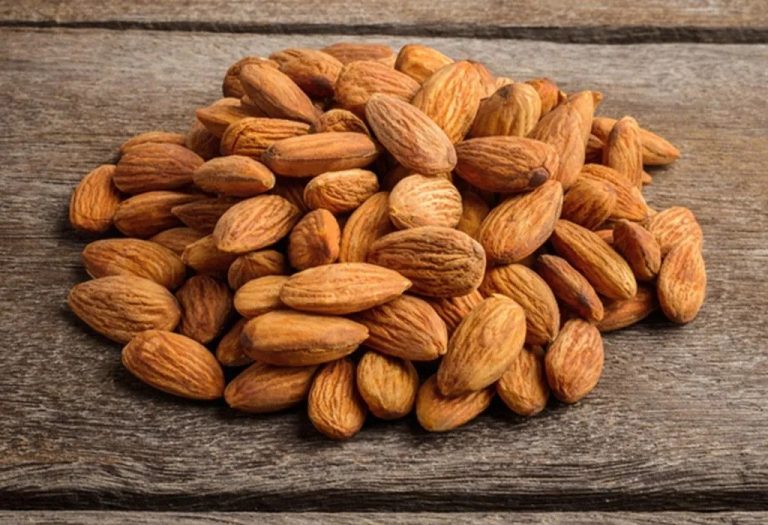
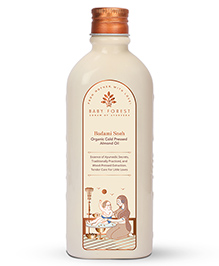

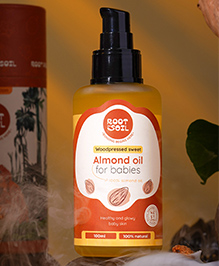
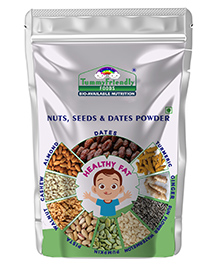
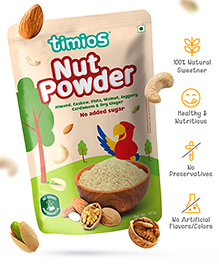

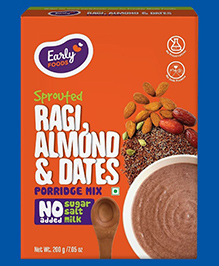
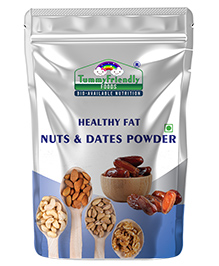

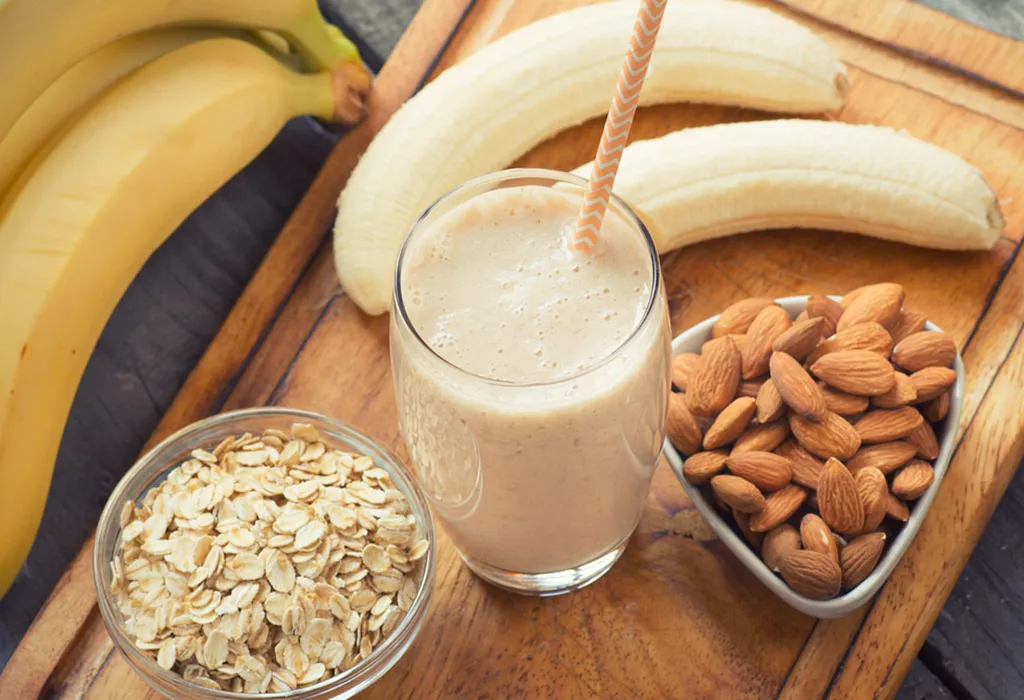
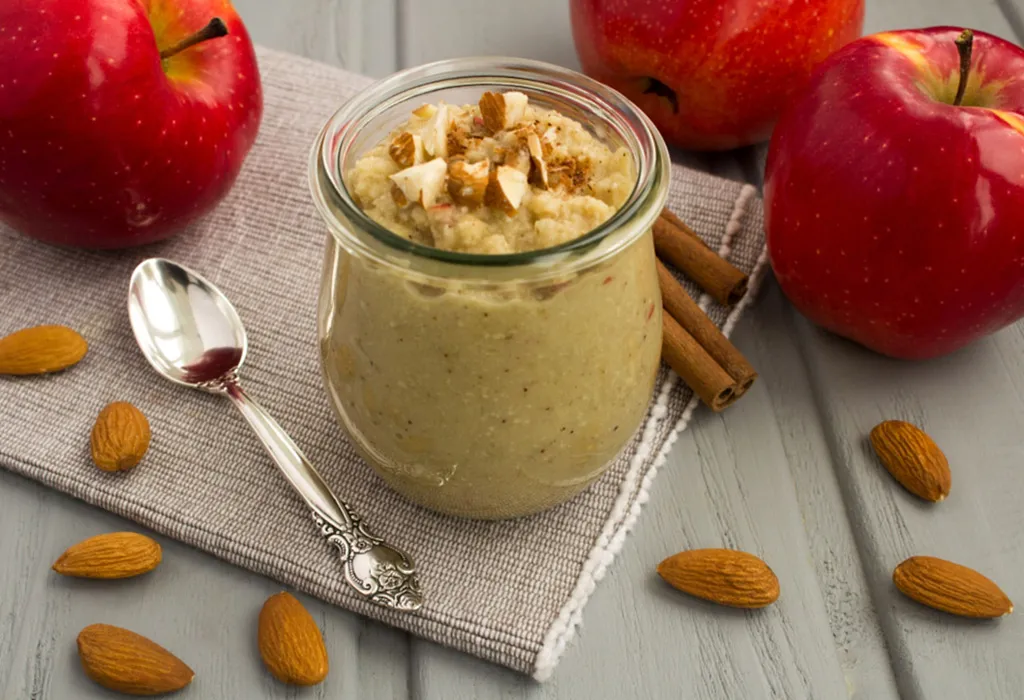
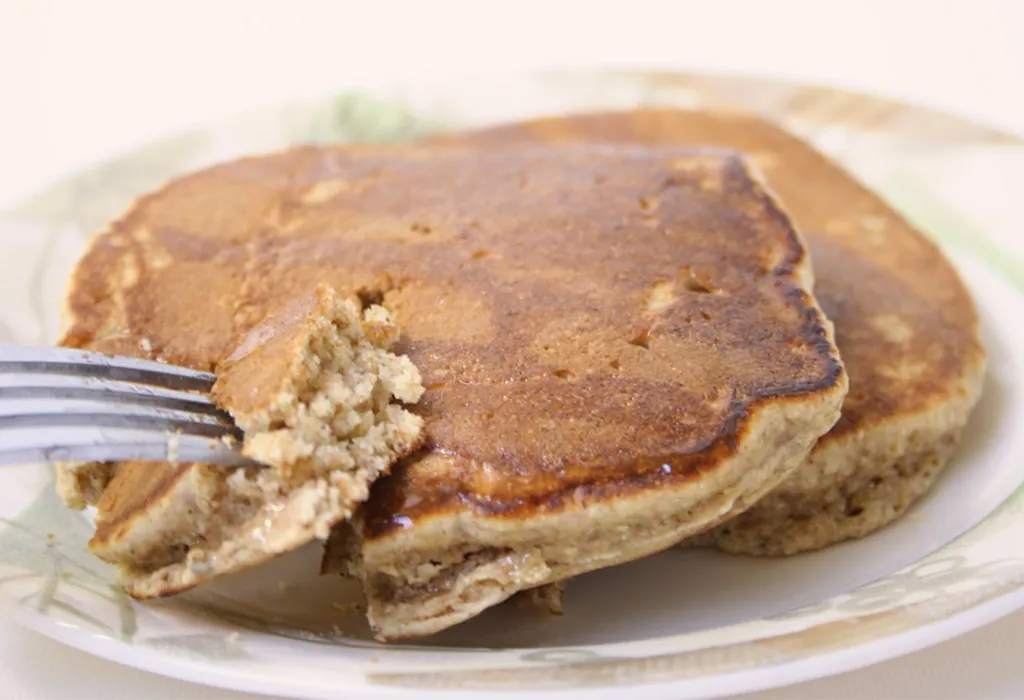

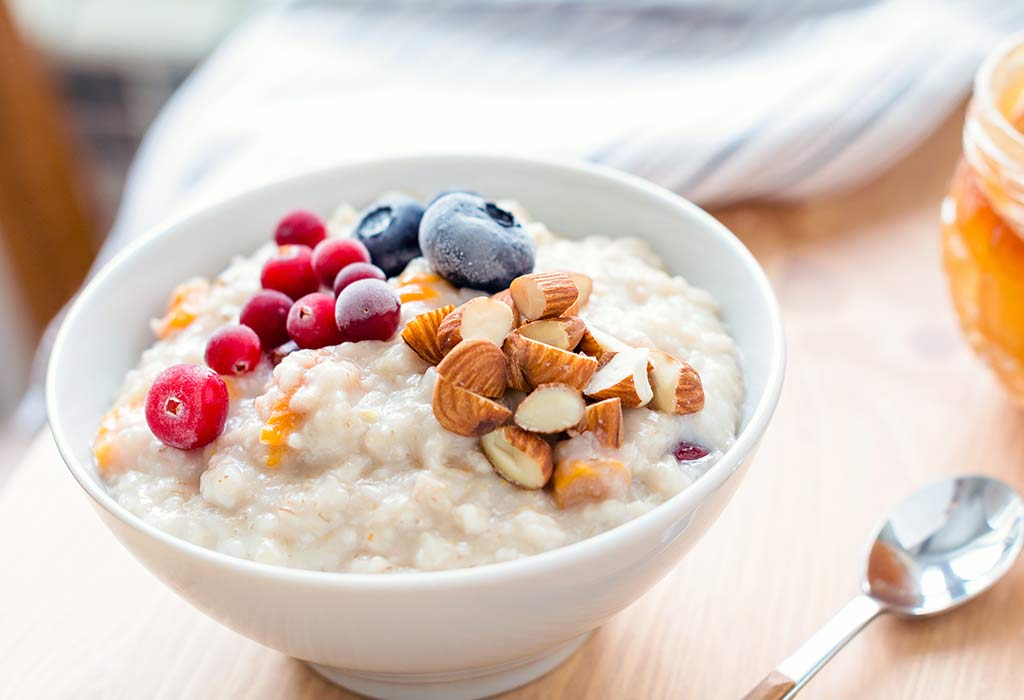

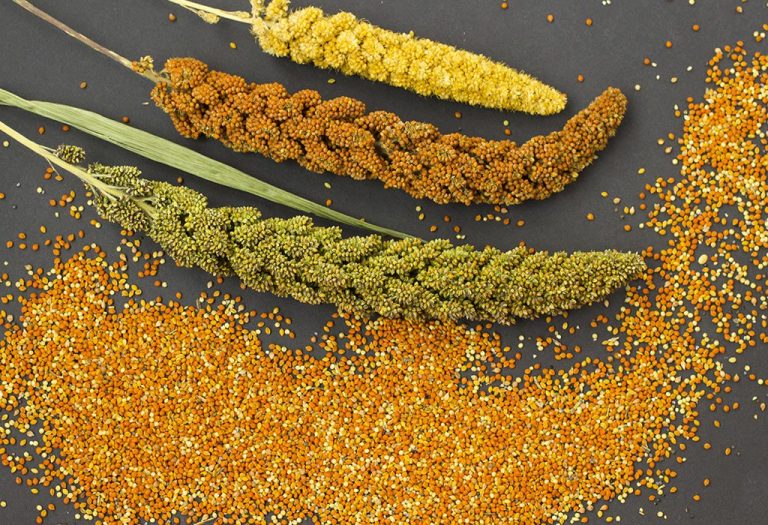





.svg)


















